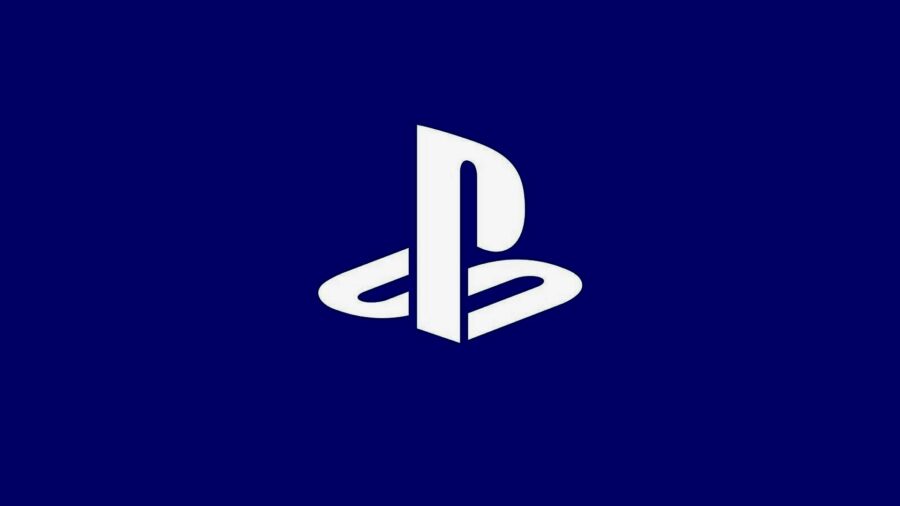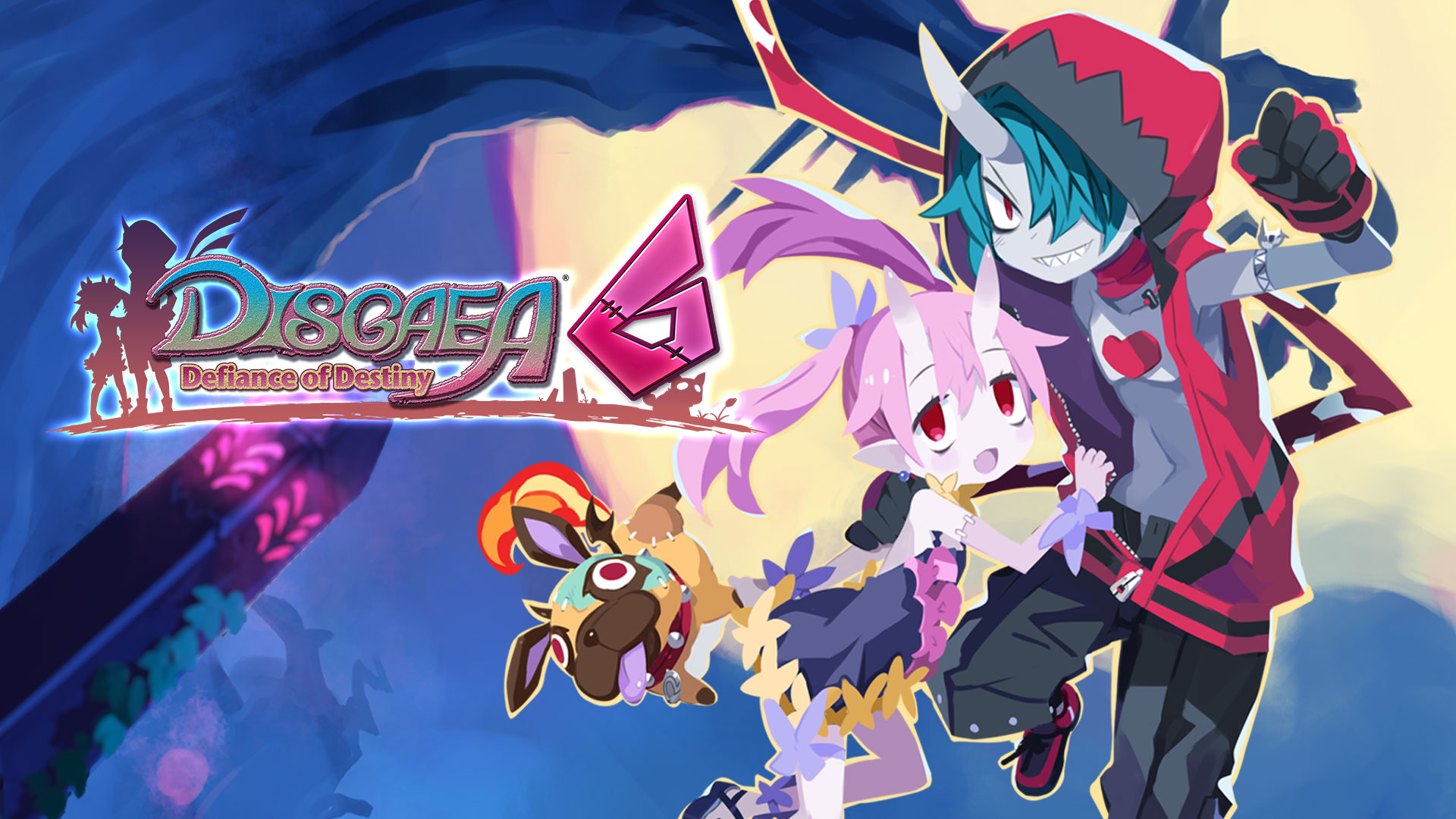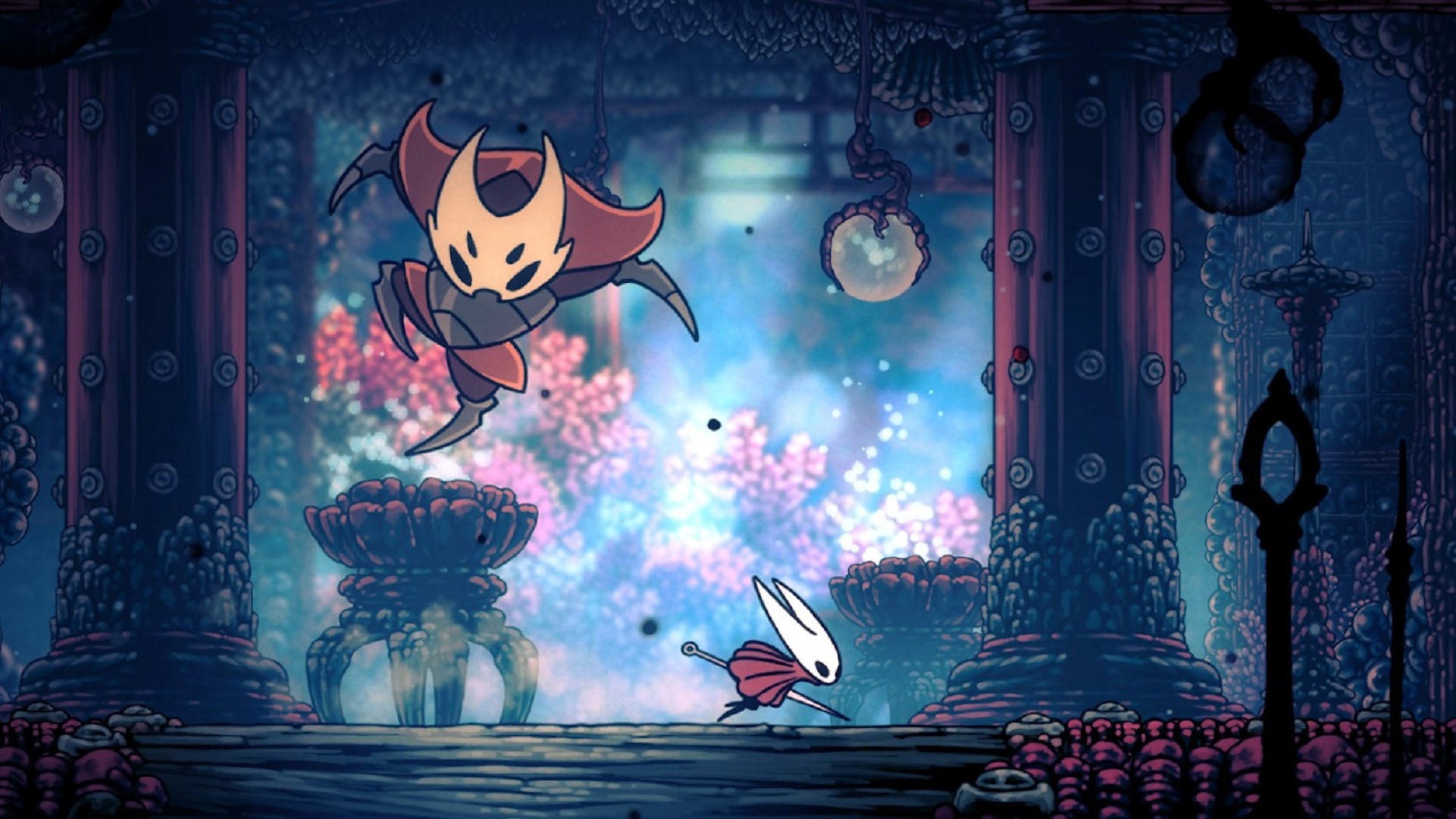For the last few years, we have been hearing rumblings about how badly Sony treats any developer who’s not a big, recognizable name guaranteed to bring in the big bucks. We’ve seen this most evidently with Japanese developers – where Sony has ended up burning so many bridges that most of the small and mid-tier Japanese support that used to be synonymous with PlayStation exclusivity has now either embraced other platforms in addition to PlayStation, or just outright fled the platform entirely. While big Japanese games, the ones that fit Sony’s blockbuster strategy, are still finding the red carpet rolled out for them (like what is happening with Square Enix and Final Fantasy), smaller and mid-tier publishers and developers seem to be done with PlayStation. The PS5 has barely any Japanese support to speak of, beyond the big blockbusters already mentioned. The smaller, mid-tier fare is either not coming to PS5, or is at least hedging bets by coming to other platforms as well, where earlier it was a given it would be PlayStation exclusive.
Sony’s poor treatment of Japanese developers has caused this kind of fallout. At some point, the company decided that the smaller Japanese games that had always found a home on PlayStation platforms were simply not worth the hassle of actively courting, and we are seeing the fallout now. We are even seeing it with Sony’s own first party studios, with Japan Studio, one of the company’s oldest first party developers, having been unceremoniously closed a little while ago.
Much like Japanese games, indie games too are never going to go toe to toe with the huge mainstream AAA hits. Fortnite probably makes more money in a day for Sony than most indie games do over their entire lives. Sony has, continuing to emphasize mainstream hits and blockbusters, chosen to eschew indie developers as well. And much like Japanese developers, it seems indie game developers have had enough.
Chatter by indie developers complaining about how poorly Sony treats indie developers started on Twitter a few days ago, and it snowballed from there as more and more indie developers added their accounts to the chorus. There are many complaints to go through, and getting into the specifics of things would probably just get us lost in the weeds, what it comes down to is that Sony is all too happy to charge indie developers for dev kits and hosting their games, while not even providing them with basic tools and features to be able to sell their games.
Indie game developers complain about not being able to set sales for their own games (they need to wait for Sony to invite them); they complain about not having any tools to be able to promote their games, with no discoverability on the store at all, unlike on Steam, Switch, or Xbox, where the platform holders provide multiple free tools to help indie devs get their games seen by players; they talk about Sony’s account managers taking literally months to respond to even basic email and queries; and, as a result of all of this, indie developers report abundantly poor sales on PlayStation, with some shared breakdowns revealing PS versions of indie games having sold less than 3%, or less than 0.3%, in some cases, compared to getting the lion’s share of their revenue from Xbox, or especially Steam and Switch.
To be clear, these developers make it clear that no platform is perfect in terms of support (which makes sense, after all – all platforms are staffed and run by people, and people are likely to make mistakes and wrong judgment calls). But while they have some complaints with Xbox (getting on to Game Pass is an invite-only process), or Switch (getting larger patches pushed out requires extra steps in the process), they seem to think that the processes there are on the whole friendly and well-designed for indie developers, and that the platform holders actively care about having indie games highlighted and showcased on their systems. On PlayStation, on the other hand?
“Oh yeah, so there’s Nintendo who supports you,” one developer shared with Kotaku. “[Then] Microsoft who supports you and [then] there is Sony who supports its own AAA machine and gives a **** about everyone else.”
Of course, PlayStation is the most successful now that it has ever been, and that success obviously comes from their focus on the prestige, high end AAA market. So it does make sense that Sony would want to focus on that market, and that’s fine. Sony is a business, and it will want to emphasize its own profit, after all. The problem is, even if you look at this as a business, Sony isn’t in the right. On a more general level, treating your business partners poorly is a bad look. On a more specific level as far as games go, focusing only on blockbusters and first party games and not giving a crap about any other type of title for your console is a terrible idea. It’s the kind of thing Nintendo did with the N64, and that caused them to lose third party support irreversibly. Nintendo’s bullying of third parties, outside of some preferred partners who delivered the kind of blockbuster products Nintendo wanted to push, was critical in why they lost their place in the industry, and it took until the Switch, 21 years later, for them to be able to start earning that lost support back.
It’s the kind of thing Microsoft did going into the Xbox One, too – not focus on the games that don’t sell big amounts, like mid-tier games, Japanese games, and indie games, and instead emphasize only the big multiplatform hits, and some first party games that fit the blockbuster strategy – and it’s been almost ten years, and Microsoft is still trying to recover from the fallout of that strategy backfiring.
It doesn’t have to go that direly for Sony – though, of course, there is no reason it won’t if the company doesn’t address the issue quickly. It’s especially puzzling because Sony has enough history to know that focusing only on big blockbusters (from first parties and some preferred third parties) to the exclusion of all else is a bad idea. One reason Sony was so successful in the games industry upfront was because they explicitly did the exact opposite with the PlayStation. While Nintendo and Sega were bullying third parties and throwing their weight around, and prioritizing only their own games and some blockbusters, Sony made every developer feel welcome on the PlayStation, every developer feel like their work contributed to the PlayStation’s success. Sony’s biggest successes in the industry have all come when they have worked with developers. The one time they became hostile to developers previously was with the PS3 – and the PS3 blew up in their face, and Sony ended up spending years and billions of dollars to recover from that damage.
It’s hard to know why, with that history, Sony is basically repeating the same mistakes. Almost 30 years of PlayStation history stand testament to the necessity and importance of having a varied lineup, and catering to all niches, no matter how small. PlayStation platforms have thrived because they have literally all kinds of games, and because a game coming to PlayStation is basically considered a given, unless other circumstances intervene.
But right now, the company is actively pushing these developers and games away. No individual game, developer, or its fan base may make or break things for Sony – but collectively, they represent a significant amount of parties for the company to be burning bridges with. With the low sales indie titles are seeing on PlayStation, it may not take too long before indie games start to skip out on the platform, either to begin with or entirely. We’ve already been seeing this happen the last few years. Most of the big indie hits on consoles did not originate on PlayStation. Hollow Knight? Switch. Hades? Switch. Even games like Celeste, Wargroove, or Dead Cells, which launched on PlayStation at the same time as on other systems? Those games did best on Switch, and the PlayStation versions often ran into trouble because of Sony, such as Wargroove lacking the cross-platform map sharing that made it a mainstay hit on other systems.
And we’re starting to see, more and more, those games beginning to skip PlayStation going forward. Hollow Knight Silksong is an eagerly anticipated follow up to a seminal title considered to be among the all time greats… and it’s not coming to PlayStation, not at launch. There is literally no reason for it not to come to PlayStation. But the low sales on the platform, combined with Sony’s total antipathy towards indie developers, probably means that those developers are likely to focus on profitable and friendlier ecosystems first, if not exclusively. Sony (and its legions of fans) have often believed that every game is bound to come to PlayStation, because of the PlayStation’s install base. But install base means nothing if it won’t buy your games – and the PlayStation install base doesn’t seem to be keen on buying indie games, meaning there is no incentive for developers to continue to deal with the platform.
Over time, this kind of thing will hurt Sony. Not right now – right now the PS5 is the fastest selling system of all time, and that will continue. But no one is too big to fail, and Sony keeps making wrong moves that are likely to add up over time. Maybe many PlayStation fans legitimately don’t care about the excellent output indie game developers out out (in which case, it’s their loss) – but there are a lot who do, and where in the past, no matter what kind of game you liked, getting a PlayStation was going to cover you? Going forward, it seems like Sony is increasingly going to focus on a very narrow style of game to the exclusion of all else, and that, combined with all their other bad decisions that have jilted players and developers alike, are bound to come back to haunt them eventually, unless they course correct.
Note: The views expressed in this article are those of the author and do not necessarily represent the views of, and should not be attributed to, GamingBolt as an organization.
Video Game News, Reviews, Walkthroughs And Guides | GamingBolt
Source link
Related Post:
- Fortnite trial judge decides Apple cannot stop developers linking to other payment methods • Eurogamer.net
- Burning Crusade Classic’s level boost aims to keep friends playing together
- How to grow your business and afford things quickly
- Microsoft Store gives app developers option to keep 100% of revenue, but not games
- AC Valhalla Siege Of Paris Take The King’s Money, Charles Cannot Be Trusted Choice
- Cities: Skylines has new bridges, train stations, and radio options available today
- Genshin Impact player breaks into Inazuma underleveled with ice bridges
- This Genshin Impact player spent 7 hours using glitches and ‘ice bridges’ to break into its new zone
- Monster Hunter Stories 2 physical edition says it requires download of at least 15GB (could be smaller)
- Indie Watch: Smaller Games Worth Keeping An Eye On


